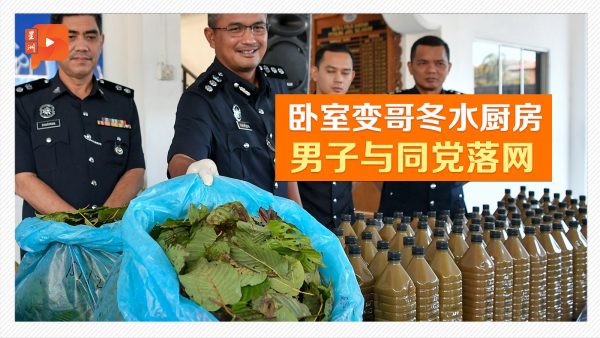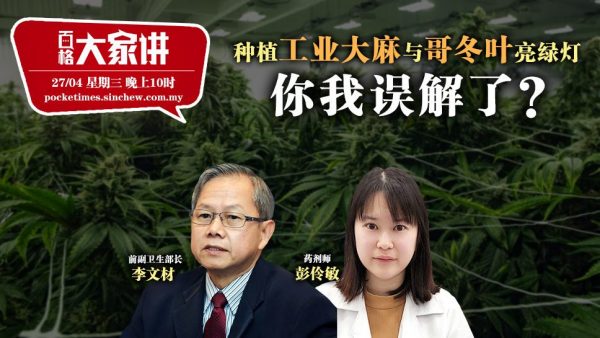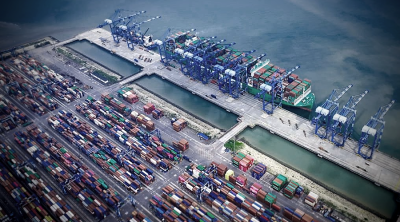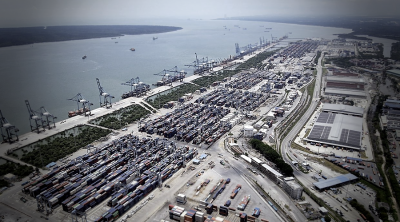While industrial cannabis and ketum may not be the much dreaded monsters, the consequences of abuse could be grave if we have not enacted new laws to control their cultivation, processing and sale.
Malaysia is one of a handful of countries in this world that still impose death penalty on individuals in possession of even minimal amounts of narcotics.
Under Section 39B of the Dangerous Drugs Act, anyone in possession of 15 g or more heroin and morphine, 1,000 g or more opium (raw or prepared), 200 g or more cannabis, and 40 g or more cocaine will receive the mandatory death sentence.
Drug traffickers make up the biggest proportion of convicts on death row here in Malaysia. As of February 2019, of the 1,281 convicts on death row (yet to be executed), 73% were drug traffickers, and the percentage was even higher for condemned female convicts at 95%!
In neighboring Singapore, Malaysian man Nagaenthran K Dharmalingam, convicted on a charge of smuggling 42 g of heroin into Singapore on April 22, 2009, will be executed on Wednesday. Many notable people across the world have been working very hard in recent weeks in hope of seeking pardon from Singapore president Halimah Yacob to spare the young convict’s life.
Both Malaysia and Singapore apparently see drugs as the root of all evil. In Malaysia, anyone in possession of over 200 g of dried marijuana leaves could be sentenced to death. But then why is the government now encouraging local farmers to plant industrial cannabis and ketum? Very simple: industrial cannabis are of much lower toxicity.
Deputy communication and multimedia minister Zahidi Zainul Abidin said on Sunday the country should give up oil palm and grow industrial hemp instead, in view of the allegations and subsequent boycott by European countries of indiscriminate forest clearing in Malaysia for oil palm plantation aggravating global warming.
He said if two million rural farmers were to turn to the easily grown industrial cannabis, it would bring lucrative incomes to young Malaysians.
We can’t really understand the logic behind the deputy minister’s proposal, but urging young Malaysians to grow industrial cannabis at the expense of oil palm for easy and good money does sound a little absurd.
While it is not altogether unfeasible to grow industrial marijuana, asking young people to give up oil palm for some quick bucks growing marijuana is something we simply can’t quite agree with.
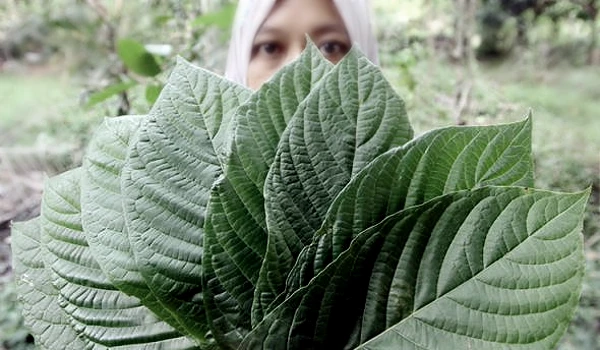
The tetrahydrocannabinol (THC) content of industrial marijuana is only 0.3%, or not more than 3 g of THC in a kilogram, vis-à-vis some 200 g of THC in a kilogram of addictive drugs.
An overwhelming majority of countries in this world prohibit the recreational use of marijuana, although a number of countries have decriminalized marijuana consumption in low quantities. Canada, the Netherlands and some states in the US have even legalized marijuana.
Meanwhile, there are a dozen of countries that have legalized marijuana for medicinal use, including the UK, Germany, Australia, New Zealand, Canada, the Netherlands and most states in the US. In view of that, the demand for industrial and medicinal marijuana is understandably quite substantial.
We cannot deny the economic value and usefulness of industrial cannabis (ketum). Western countries have developed and cultivated low-THB (0.3%) industrial marijuana since the 1990s. In China, with the collaboration of central and local anti-narcotics committees, a special agency has been set up to closely monitor the cultivation of low-toxicity industrial marijuana in the provinces of Heilongjiang and Yunnan.
From Zahidi’s remarks, nonetheless, there hasn’t been any slightest indication that Malaysia is prepared to set up any supervisory mechanism to control the cultivation of industrial marijuana, hence the idiocy of two million rural farmers growing ten million trees!
It is undeniable that ketum can be used for many things. Medicinal use aside, it can also be used in textile, paper-making and chemical industries as well as specialized construction materials, biofuels and pharmaceuticals. The question is: how are we going to control and oversee its cultivation and use?
Thailand no longer bans marijuana (for industrial and medicinal use only) today, and has indeed opened up the sector for lawful public cultivation.
By comparison, the leaves of addictive marijuana are priced at RM5,500/kg, stem RM2,000/kg and root RM6,000/kg.
If we do not enact any law in advance to control the cultivation, how are we going to make sure the farmers will not grow addictive marijuana in their approved industrial marijuana farms for extended profits which could be many times over?
While Thailand is strongly promoting the cultivation of industrial marijuana, this is done exclusively under the watchful eyes of relevant government agencies. For instance, prior cultivation permit has to be obtained from the food and drug administration, while the marijuana content in food and medicine must not exceed the permitted standards.
While industrial cannabis and ketum may not be the much dreaded monsters, the consequences of abuse could be grave if we have not enacted new laws to control their cultivation, processing and sale.
ADVERTISEMENT
ADVERTISEMENT







